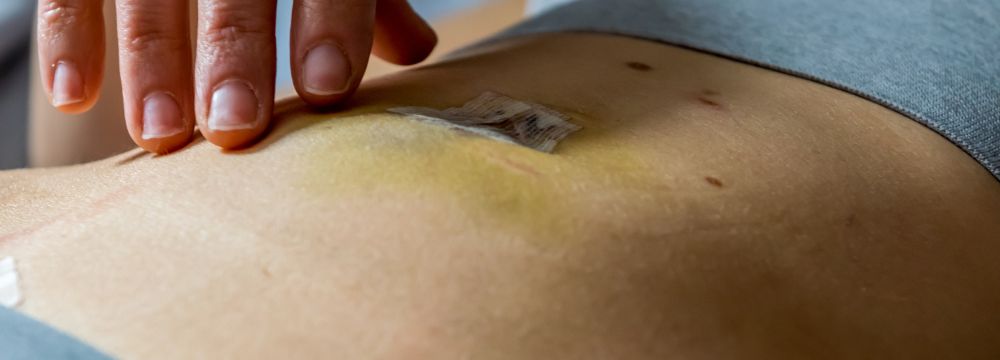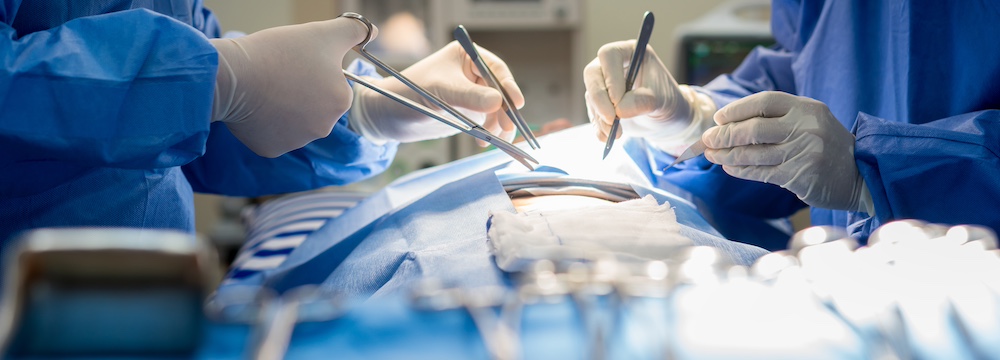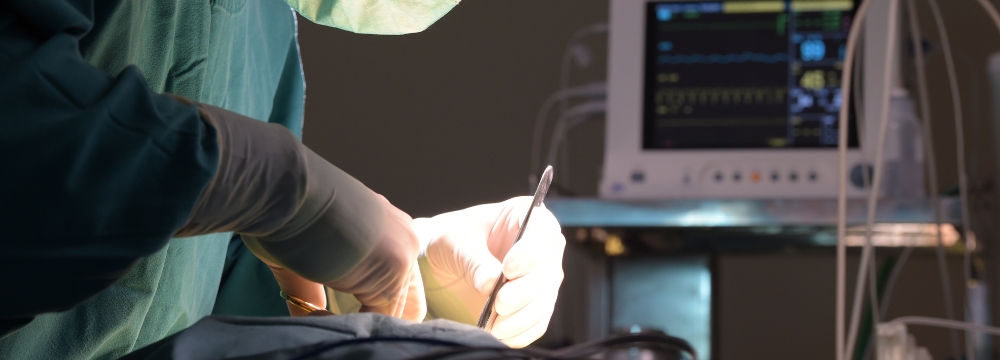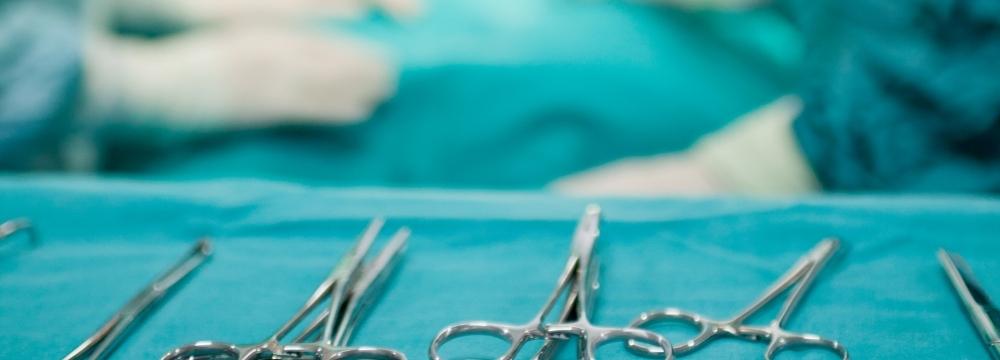Hernia
Incisional hernias are those caused by a perforation of the abdominal wall. While this can occur due to accidents or victimizations, the most common reason for an incisional hernia is a prior surgery. When we have surgery, the abdominal wall and its fascia are compromised. Unfortunately, while these areas do regenerate and ultimately repair themselves, the repair is never as strong as the original untouched tissue. These areas can weaken over time and eventually abdominal contents can begin to push through causing an incisional hernia which typically presents as a lump and pain in the area of previous surgery.
Incisional hernias are highly correlated to the size of the surgical access point. Two or three decades ago, when most surgeries were performed in an open manner, meaning that a single large incision was made to access the abdomen, the risk for incisional hernias was high. Patients could legitimately expect a hernia to be one of the most common complications after any surgical procedure. However, the advent of minimally invasive surgery, using tiny incisions to access the abdomen, has changed the paradigm. Today, instead of a single large incision, we perform virtually all our surgeries using four or five tiny cuts in the abdomen not much bigger than a pencil eraser. With less tissue involvement and a smaller hole, the risk of incisional hernias is now very low – in some cases as low as less than 1%.
However, improved surgical techniques don’t give us the entire prevention picture. In fact, there are several things patients can do to minimize their risk of incisional hernia.
First, reduce intra-abdominal pressure as much as possible. The greatest cause of consistent abdominal pressure is obesity. As our society has become larger, so too has the strain on our abdomens. This is not only creating an environment for a greater risk of an incisional hernia but can also increase the risk of other hernias more generally.
Stop smoking. Smoking reduces the effectiveness of the circulatory system and makes tissue weaker. During the healing process after surgery, blood flow needs to be efficient, reducing the risk of tissue damage. Damaged tissue in turn can reopen at the incision point and allow for an incisional hernia.
Opt for hernia mesh. While you may have heard recent stories about recalled hernia mesh, this involves female pelvic mesh and not the meshes we use for hernia repair. In fact, hernia mesh gives us the very best chance of avoiding incisional hernias as well as hernia recurrence.
Speak to Dr. Huguet about any questions you have regarding the potential for incisional hernias and how to prevent them after your surgical procedure. If you are currently suffering from a hernia, be sure to contact our office for a proper diagnosis and to learn more about treatment options.











